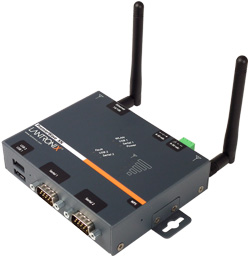If you're just learning guitar or are already a seasoned professional, how to choose guitar picks probably isn't something you think about a lot. But if you want to get the best sounding tone from your guitar, choosing the right picks to match your playing style is like picking the right strings: If you do it right no one notices, but if you do it wrong something just sounds off. When looking to choose the right guitar picks, you want to pay attention to size, material, and thickness.
- Size. There are actually a few shapes and sizes of picks, which is a bit frustrating when all you want to do is start playing guitar. There are really large, triangle-shaped ones, medium ones with rounded edges, very tiny ones, picks that go around your thumb, and the possibilities just keep going. As a guitar player, generally leave the thumb picks to the banjo players and other instruments like that. Size is really what you feel comfortable with. If you like having a larger pick to grip, or you have large fingers that have a hard time holding onto smaller picks, then perhaps a larger pick is for you. It's just the opposite if you have smaller fingers.
- Material. There are a few different types of materials that are commonly used for picks, and a few odd ones as well. You can find stone and metal picks that have interesting tones, but most commonly you'll find plastic, nylon, and another material called tortex. Plastic and nylon give brighter tones that sound a bit more percussive when played against the strings. Tortex is a synthetic material made to imitate tortoiseshell, which used to be a very common pick material prized for its very complex tone and ease of use. Experiment with the type of tone you want to achieve by changing the type of material you use when you choose your guitar picks.
- Thickness. Another important part of choosing your guitar picks is its thickness. Depending on how hard you strum the guitar you need to adjust the thickness of your pick accordingly. Play too hard with a heavy pick and you can break a string. Play too lightly with a thin pick and no one will be able to hear you. Thin picks give you less attack, but more percussive sound. Thicker picks offer much more control and are more ideal for intricate picking.
- Color. Another thing to think about is color. You may think that you can't go wrong with black but consider getting a pick that has a brighter or more unique color. If you accidentally drop or misplace a pick, especially performing during a show in low light, a brightly colored pick is a lot easier to find than a darker one.
- Get several types when you're trying to choose guitar picks—they're certainly not expensive, and experimentation is important to finding what works for you.

No comments:
Post a Comment